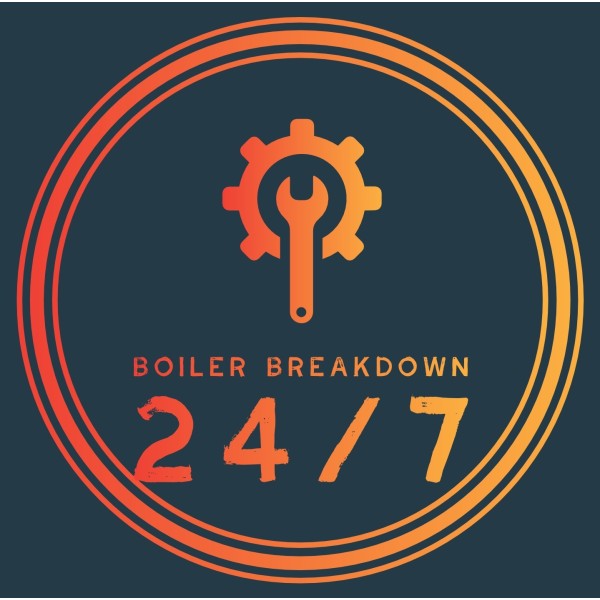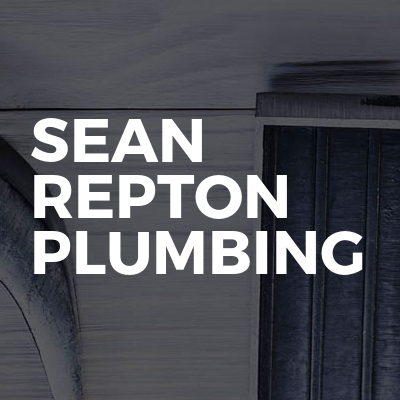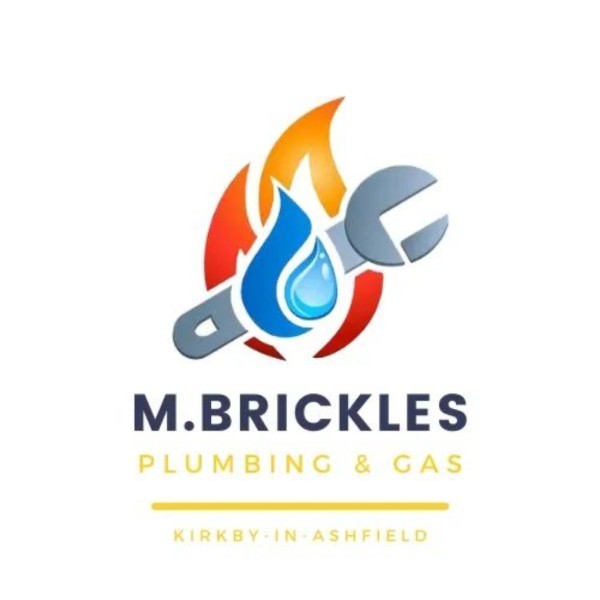Understanding the Role of Boiler/Heating Engineers in West Bridgford
Boiler and heating engineers play a crucial role in ensuring the warmth and comfort of homes and businesses in West Bridgford. These skilled professionals are responsible for installing, maintaining, and repairing heating systems, which are essential for coping with the chilly UK climate. In this article, we'll delve into the various aspects of their work, the importance of their services, and how to choose the right engineer for your needs.
The Importance of Boiler and Heating Systems
Boilers and heating systems are the heart of any building's climate control. They provide the necessary warmth during cold months, ensuring a comfortable living and working environment. Without efficient heating systems, homes and businesses would struggle to maintain a suitable temperature, leading to discomfort and potential health issues.
Types of Heating Systems
- Central Heating Systems: These systems distribute heat from a central source, such as a boiler, to various rooms through a network of pipes and radiators.
- Underfloor Heating: This system involves installing heating elements beneath the floor, providing even heat distribution and freeing up wall space.
- Heat Pumps: These systems transfer heat from the outside air or ground into the building, offering an energy-efficient alternative to traditional heating methods.
Key Responsibilities of Boiler/Heating Engineers
Boiler and heating engineers in West Bridgford are tasked with a range of responsibilities to ensure heating systems operate efficiently and safely. Their duties include:
Installation of Heating Systems
Engineers are responsible for installing new heating systems, ensuring they are set up correctly and safely. This involves selecting the appropriate system for the building's size and needs, as well as ensuring compliance with local regulations.
Maintenance and Servicing
Regular maintenance is crucial for the longevity and efficiency of heating systems. Engineers perform routine checks and servicing to prevent breakdowns and ensure optimal performance.
Repairs and Troubleshooting
When heating systems malfunction, engineers diagnose and repair issues promptly. Their expertise allows them to identify problems quickly and implement effective solutions, minimising downtime and inconvenience.
Qualifications and Skills of Boiler/Heating Engineers
To become a boiler/heating engineer, individuals must possess specific qualifications and skills. These include:
Educational Background
Most engineers have completed an apprenticeship or hold a relevant qualification in plumbing or heating engineering. This education provides them with the foundational knowledge required for the role.
Technical Skills
Engineers must have strong technical skills to work with complex heating systems. This includes understanding system designs, electrical components, and safety protocols.
Problem-Solving Abilities
Effective problem-solving skills are essential for diagnosing and repairing system issues. Engineers must be able to think critically and develop innovative solutions to complex problems.
Choosing the Right Boiler/Heating Engineer in West Bridgford
Selecting the right engineer is crucial for ensuring your heating system is in good hands. Consider the following factors when making your choice:
Experience and Reputation
Look for engineers with a proven track record and positive customer reviews. Experienced professionals are more likely to provide high-quality service and reliable solutions.
Certifications and Licenses
Ensure the engineer holds the necessary certifications and licenses to operate legally and safely. This includes Gas Safe registration, which is mandatory for working with gas appliances.
Cost and Value
While cost is an important consideration, it shouldn't be the sole factor in your decision. Focus on finding an engineer who offers good value for money, balancing cost with quality and reliability.
Common Challenges Faced by Boiler/Heating Engineers
Boiler and heating engineers encounter various challenges in their line of work. These include:
Complex System Designs
Modern heating systems can be complex, requiring engineers to stay updated with the latest technologies and designs. This ongoing learning is essential for providing effective solutions.
Safety Concerns
Working with heating systems involves inherent safety risks, such as gas leaks or electrical faults. Engineers must adhere to strict safety protocols to protect themselves and their clients.
Environmental Considerations
With growing awareness of environmental issues, engineers must consider the environmental impact of heating systems. This includes promoting energy-efficient solutions and reducing carbon footprints.
The Future of Boiler/Heating Engineering in West Bridgford
The field of boiler and heating engineering is evolving rapidly, driven by technological advancements and environmental concerns. Future trends include:
Smart Heating Systems
Smart technology is transforming heating systems, allowing for remote control and monitoring via smartphones or other devices. This innovation offers increased convenience and energy efficiency.
Renewable Energy Integration
As the demand for sustainable solutions grows, engineers are increasingly integrating renewable energy sources, such as solar panels and heat pumps, into heating systems.
Enhanced Energy Efficiency
Future heating systems will focus on maximising energy efficiency, reducing waste, and lowering energy bills for consumers. Engineers will play a key role in developing and implementing these solutions.
Frequently Asked Questions
What qualifications do boiler/heating engineers need?
Engineers typically need an apprenticeship or a relevant qualification in plumbing or heating engineering, along with Gas Safe registration for working with gas appliances.
How often should I service my boiler?
It's recommended to service your boiler annually to ensure it operates efficiently and safely, preventing potential breakdowns and costly repairs.
What are the signs of a faulty heating system?
Common signs include unusual noises, inconsistent heating, increased energy bills, and frequent system shutdowns. If you notice any of these, contact a professional engineer.
Can I install a heating system myself?
Installing a heating system requires specialised knowledge and skills. It's best to hire a qualified engineer to ensure safe and efficient installation.
What is the Gas Safe Register?
The Gas Safe Register is the official list of engineers qualified to work with gas appliances. It's important to hire a registered engineer for any gas-related work.
How can I improve my heating system's efficiency?
Regular maintenance, using a programmable thermostat, and upgrading to energy-efficient systems can improve efficiency and reduce energy costs.
Conclusion
Boiler and heating engineers in West Bridgford are essential for maintaining comfortable and efficient heating systems. By understanding their role, qualifications, and the challenges they face, you can make informed decisions when choosing an engineer for your needs. As the industry evolves, these professionals will continue to play a vital role in ensuring sustainable and efficient heating solutions for homes and businesses.











